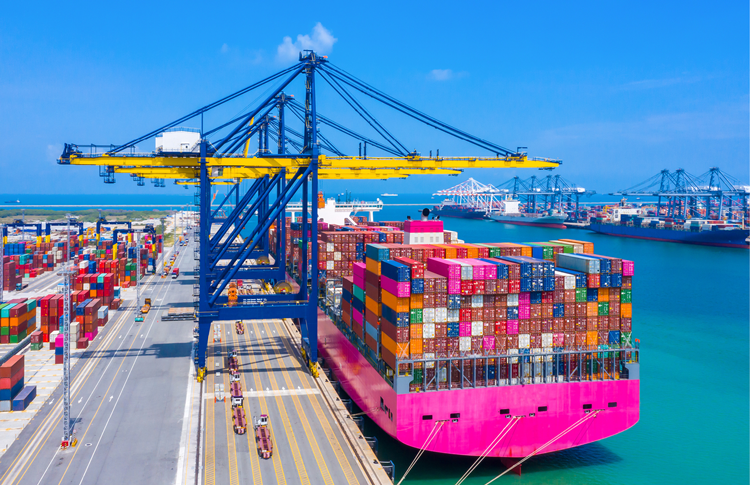
In an unprecedented time of challenges for the commodity trading sector, specialist lawyers are helping their clients navigate obstacles.
The COVID-19 pandemic has thrown up a number of challenges for the commodities sector. These include global logistical bottlenecks and even a historic price drop to negative for oil. Even as the world inches towards recovery, complications and risks stemming from the pandemic have created an increased demand for legal assistance, and kept commodity trading lawyers occupied.
“We have been busy advising clients on immediate problems arising out of the commodity trading mishaps, for example, letter of credit payment issues, misdelivery claims and sale and purchase matters,” said Maureen Poh, a director at Singapore’s Helmsman, a law firm that specialises in commodities and shipping.
In order to handle the rising demand for their expertise, law firms need to maintain two key elements to build a strong commodities practice.
The first thing is deep and broad knowledge of their clients’ businesses and understanding of how different parts of the business fit together, says Poh.
The second is to listen and read between the lines to understand what clients truly need.
“Sometimes what clients expressly present to us may inadvertently conceal their actual underlying concerns,” said Poh. However, if a law firm firm has a good understanding of the client’s business, it can ask the right questions and draw out from the clients what exactly it is that they need help on.
Helmsman has a good mix of Singapore and English-qualified lawyers and attorneys admitted to the New York Bar with experience in international law. The firm also has credit risk and trade finance specialists with decades of experience in banks and trading houses.
VARIED AREAS
The practice areas surrounding commodities work are varied. Poh says Helmsman acts for some of the biggest traders in the commodity space, including producers and traders in a variety of commodities from crude oil, refined oil products, LPG and LNG to minerals, to metals and agriproducts. She specifically pointed out that there has been a significant increase in liquified natural gas (LNG) transactions, as the shift to clean energy sources gathers speed.
According to market data firm Research and Markets, the market for LNG in Singapore is projected to grow at a compound annual rate of 10.4 percent from 2016 to 2021.
“We have been engaging in a lot of LNG contract reviews, together with advising on their ancillary contracts like LNG tanker charterparties.”
-Maureen Poh, Helmsman
“We have been engaging in a lot of LNG contract reviews, together with advising on their ancillary contracts like LNG tanker charterparties,” says Poh.
Recently, the firm has also advised on many carbon reduction sale and purchase agreements.
“Traders and trade finance banks have also approached us to examine and enhance their internal commodities financing mechanisms,” Poh notes.
Since the Code of Best Practices for Commodity Financing launched in November 2020 by the Association of Banks in Singapore (ABS), many trading houses and trade finance banks have working on how to best take these guidelines on board.
Helmsman advises traders on how to establish a robust and transparent system and put processes in place to secure financing. The firm also works with banks to alert them on what to look out for in respect to a trader’s transparency and control processes when considering trade finance requests.
Looking ahead to future development, “the commodities sector is increasingly sensitized to environmental, social and governance issues, and is responding accordingly,” says Poh.
This means more risk, regulation, and compliance challenges for traders, and the traders would have to pay even closer attention to their internal risk management processes to ensure that they are able to withstand scrutiny from regulators and lenders.
Digitalization will also play a key role in improving the efficiency of trading operations while reducing risks. Says Poh: “Helmsman is excited to be part of these new growth opportunities.”
To contact the editorial team, please email ALBEditor@thomsonreuters.com.
